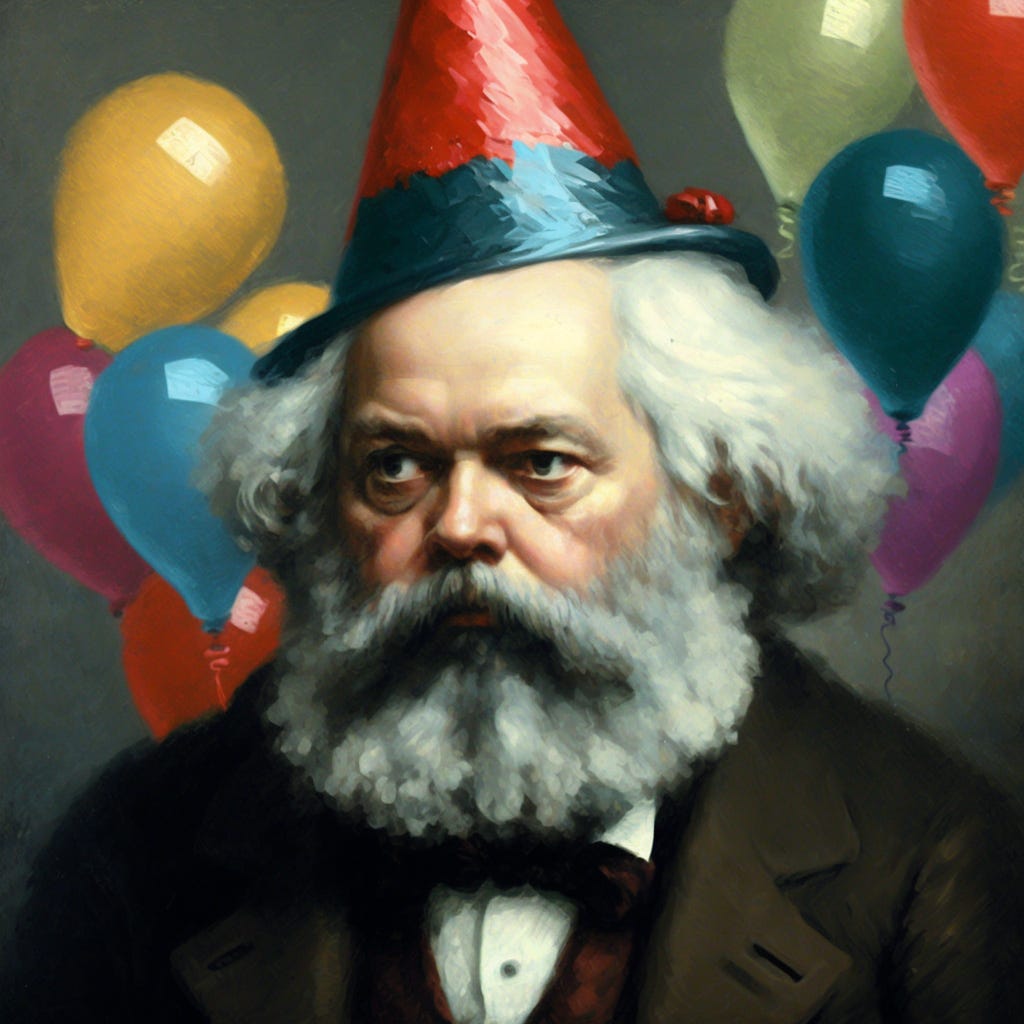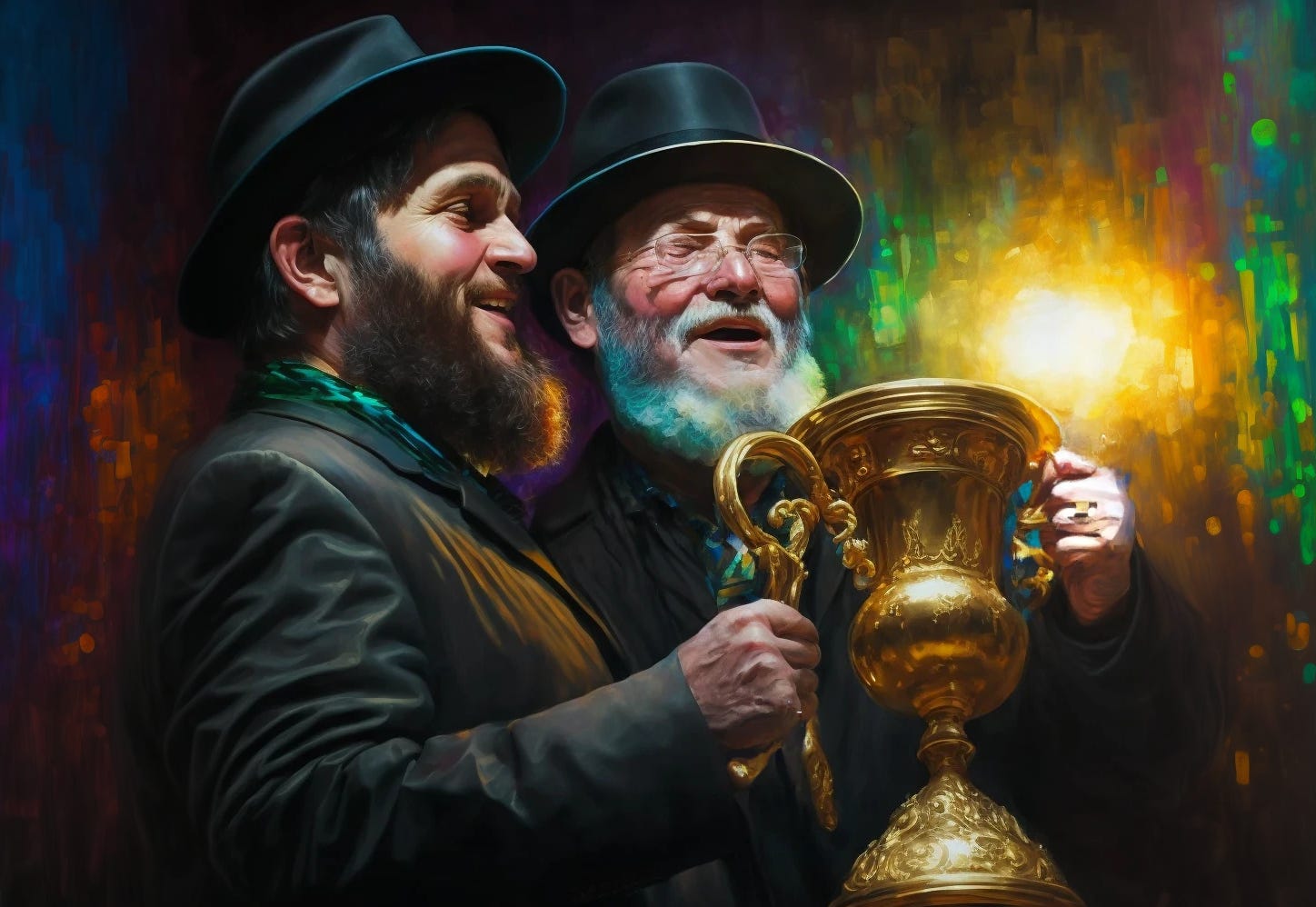A breathtaking swoosh as the ball hits the back of the net in extra time. A crunching thud as the glove of a boxing champion sends his rival to sleep. The crowd goes wild for winners. And losers. We need them both. Victors to laud, and the vanquished to deride.
In his book, Damnation and Deviance, Professor Mordechai Rotenberg argues that the Western appetite for winners and losers results from exaggerated competitiveness. Two groups are necessary for the Christian view of salvation: those who will be redeemed and those who will be eternally damned. As a result, people believe life to be a zero-sum game. This narcissistic approach to redemption means, "I can only succeed if others fail." In Rotenberg's view, the influence of these ideas can be seen in every corner of contemporary Western civilization. For example, extreme capitalism denigrates poverty as a moral failing, whereas the Marxist 'utopia' entails the destruction of the greedy ownership class.
Clearly, this approach stands in opposition to the Jewish worldview. Indeed our sages succinctly laid out Judaism's view of communal responsibility:
All of Israel are responsible for each other.
(Kol yisrael arevim zeh bazeh)
Talmud Bavli, Shavuot, 39a
But whilst this is undoubtedly a noble ideal, a world in which we all win seems implausible. How can we reasonably observe our colleague's achievements without feeling they infringe on our own success?
The Torah account of the Ancient Egyptian's attitude towards the Jewish people exposes their firmly held ego-centric theory of success:
...look, the Jewish people are far too numerous for us. We must deal shrewdly with them to prevent their growth. Otherwise, in the event of war, they may unite with our enemies...
Shemos 9:10
Even though, until now, Jewish prosperity had been decidedly advantageous for the Egyptians, they could only conceive of a polarized future in which one of the two nations came out on top. All potential gain was seen through a lens of us versus them.
In the past, we have explored how the plagues were mirrors of the Egyptians' corrupted characteristics. As such, the verse's haunting portrayal of the visceral dark cloud that engulfed Egypt is revealing:
...There was thick darkness over the entire land of Egypt for three days.
They did not see each other, and no one rose from his place...
{Shemos 22:23}
There was much more to this plague than just an extended night. Rather, the Egyptians faced existential darkness, each isolated from the rest of the world. An all-pervasive blackness obscured people's ability to see each other. It also symbolically prevents a person from sharing the burden of suffering with his fellow. This horrifying effect of isolation was a central element of the plague.
Within a short timeframe, God had accelerated the ultimate outcome of an ego-centric philosophy. Egypt was forced to face the brutality of a world dominated by the 'I'. Their society faced the extreme repercussions of having lived life with selfish individuality.
We can now glean a richer understanding of a particular midrashic passage. It informs us of Jews who, having grown personally affluent and admired in Egypt, were unwilling to partake in the national Exodus. God struck down these wayward souls whilst the Egyptians were caught in the plague of darkness.
According to our Midrash, this specific timing prevented them from discovering that some Jews were also punished at God's hand. We see then that the plague addressed all those who harboured an ego-centric outlook towards salvation, even Jews. Because these individuals felt their personal redemption could occur without involving others, they no longer deserved a place in the larger picture of the Jewish people.
But what about the overarching question? How are we to view our fellows, not as competitors but as collaborators? The concluding actions of the remaining Jews in Egypt hold the key to a new perspective.
First eaten at the dawn of our redemption from slavery, the Passover offering is a wonderous symbol of unity. It consisted of a lamb no larger than one-year-old. As breaking bones would fracture the lamb's wholeness, it was forbidden to do so. A unified group was required to consume it. Finally, the roasting process bound the lamb as a single piece and ensured that none of its flavour became absorbed outside the whole.
Most cultures engage in communal activities that aim to promote social cohesion. But the Passover offering initiated something infinitely more consequential than just a fourth of July barbeque. At this moment, the Jewish people embarked on the process of becoming one nation. Yet, crucially, the unifying actor in this endeavour was God.
Why was the centrality of God so critical in producing a genuine community rather than a functional or utilitarian group of would-be competitors? Because only the infinite nature of God is capable of integrating the contrasting pieces of clashing personas as part of a sensible whole.
The Kabbalists explain that in creating the world, God, so to speak, retracted himself to make space for others to exist. And yet incomprehensibly, he was unaffected by the change. Life can sometimes appear like a zero-sum game in which, for one person to succeed, the other must necessarily lose. Truth be told, within physical existence, this can often be true. But we forget that the problems of paradox only exist within the finite. From God's perspective, an individual can perform to his maximum and yet leave infinite room for the achievement of others.
Earlier, we discussed the axiom that All of Israel are responsible for each other. The Hebrew word for responsible 'Areivim' has the word 'Areiv' meaning guarantor at its root. It is the reality of our world that there will always be someone bigger and better out there who can beat any of us at a whole number of things. Yet if we see our fellow Jews as partners before God, they become guarantors that we all can win.
Good Shabbos, and Keep Pondering!






Amazing!
Succinct, Sensible and Sublime...as per usual. Great Job Yaacov